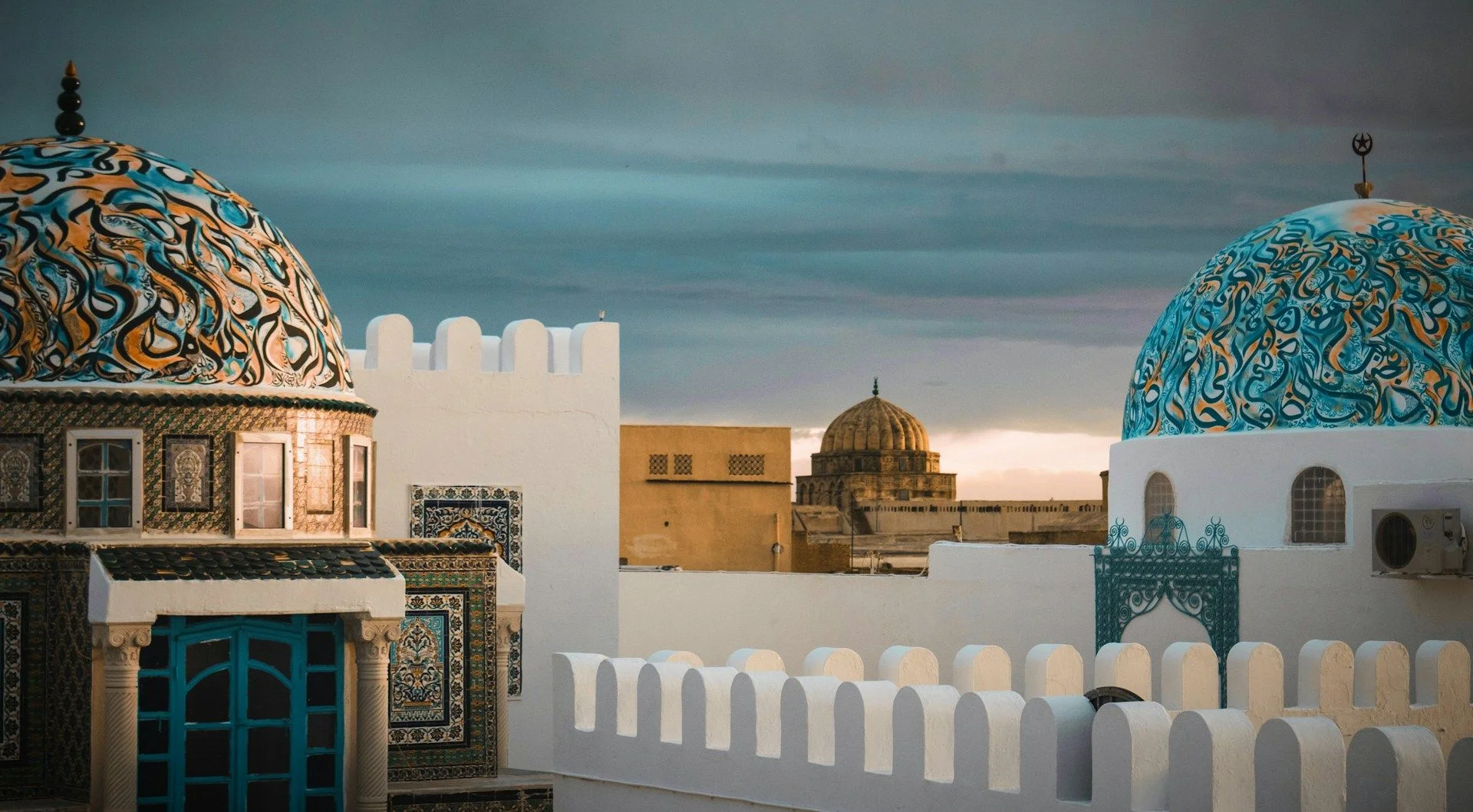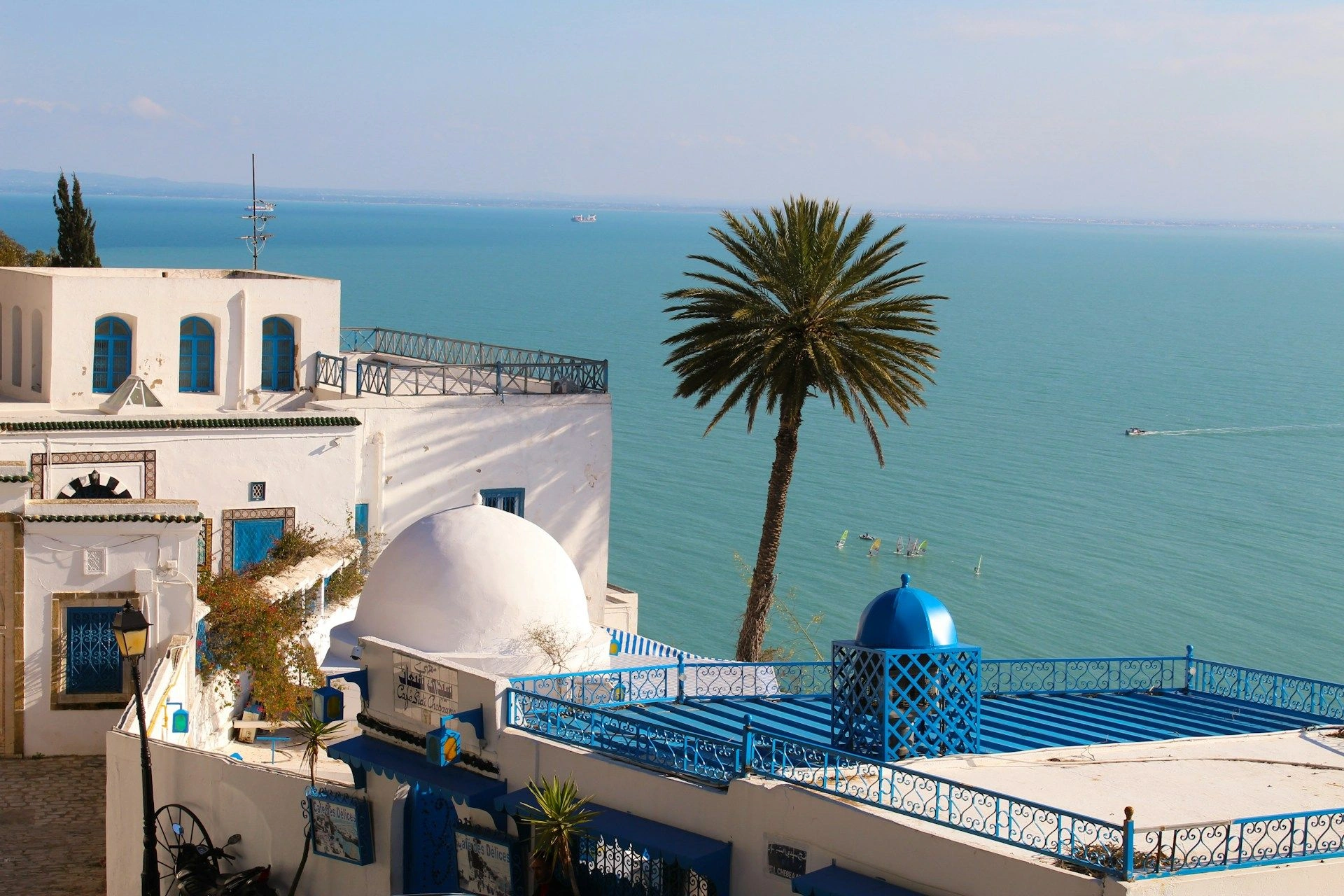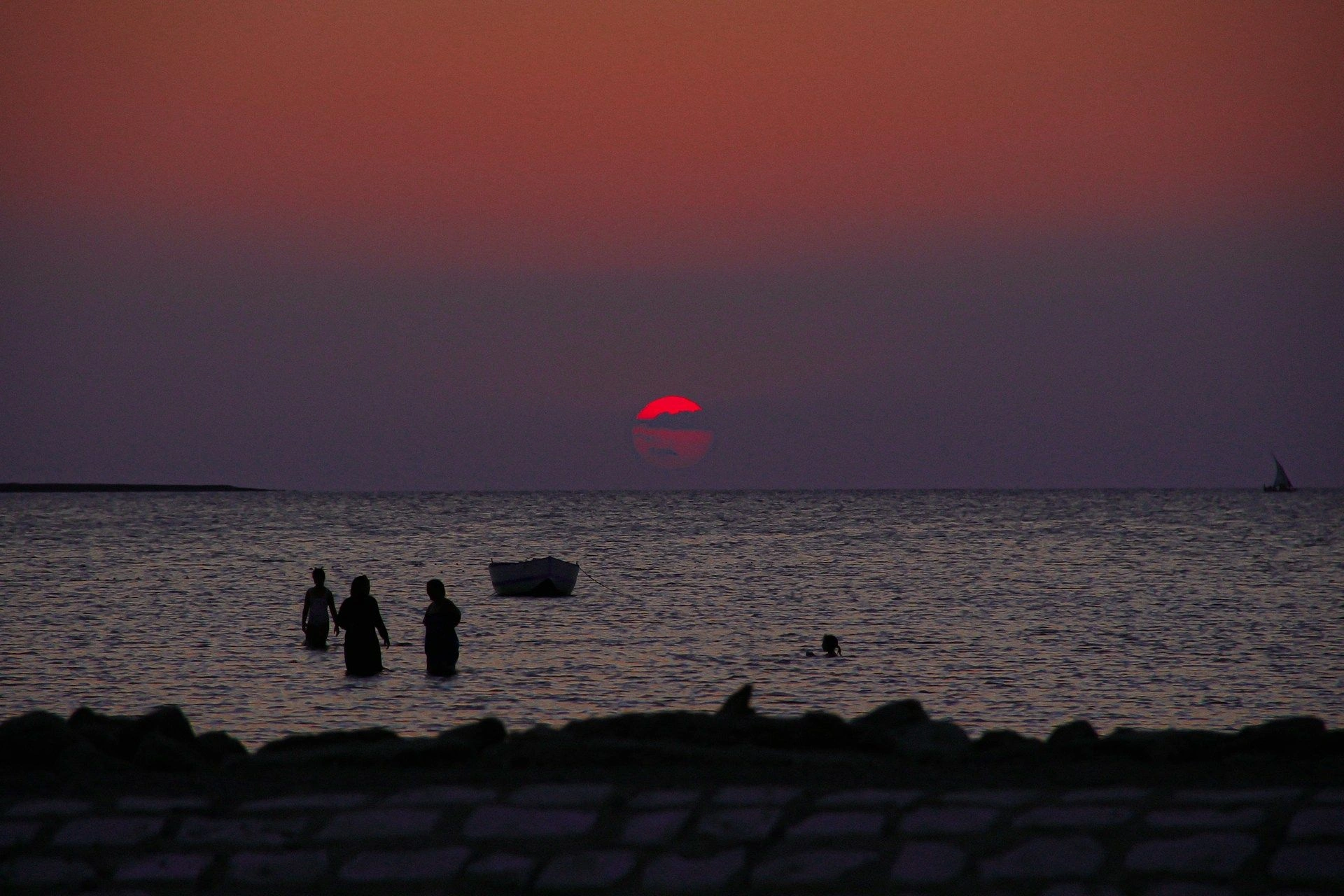Buy-to-Let Investment Properties in TunisiaVillas near beaches cafes and citrus trees

Best offers
in Tunisia
Benefits of investment in
Tunisia real estate
Mediterranean homes at unmatched prices
Tunisia offers seaside apartments and villas for a fraction of the cost compared to Europe — perfect for budget-conscious buyers.
Active rental market in tourist hotspots
Destinations like Hammamet and Sousse show consistent seasonal demand for short-term rentals, supporting passive income strategies.
French-speaking market with simple daily life
With widespread use of French and affordable services, Tunisia feels familiar to European buyers looking for low-cost relocation.
Mediterranean homes at unmatched prices
Tunisia offers seaside apartments and villas for a fraction of the cost compared to Europe — perfect for budget-conscious buyers.
Active rental market in tourist hotspots
Destinations like Hammamet and Sousse show consistent seasonal demand for short-term rentals, supporting passive income strategies.
French-speaking market with simple daily life
With widespread use of French and affordable services, Tunisia feels familiar to European buyers looking for low-cost relocation.

Useful articles
and recommendations from experts
Buy Real Estate in Tunisia: Coastal Access and Strategic Value in North Africa
Overview: Mediterranean Location with Local Character
Tunisia’s real estate market is a mix of Mediterranean appeal, affordable pricing, and growing international interest. As a North African nation with strong ties to Europe and a relatively open economy, Tunisia offers beachfront villas, urban apartments, and undeveloped land at accessible prices. Though the market is domestically driven, foreigners — especially from France, Italy, and Libya — are increasingly investing in property for personal use, rental income, or long-term capital appreciation. Despite certain legal restrictions, the country's infrastructure, tourism economy, and coastal access offer compelling entry points for seasoned investors.
Types of Property and Demand Segments
Property types in Tunisia vary by location and buyer demand. Major categories include:
- Urban apartments: In Tunis, Sfax, and Sousse, especially in gated communities or modern high-rises
- Villas: Standalone homes in the suburbs or along the coast, often with gardens and pools
- Touristic properties: Especially in Hammamet, Djerba, Nabeul, and Monastir — with strong short-term rental appeal
- Land plots: Residential or agricultural land, frequently available near growing urban zones
- Commercial units: Retail shops, hotels, and office buildings in central districts of major cities
The demand is driven by local professionals, Tunisian diaspora, and European retirees or investors seeking low-cost access to warm climates and proximity to Europe.
Ownership Rights and Legal Framework
Real estate ownership in Tunisia is governed by civil law, with a few important restrictions for foreign buyers:
- Foreigners can buy built property (apartments and homes) in urban zones, but must obtain prior government approval via the Governor’s Office. The process is legal but can be slow (3–6 months).
- Foreigners are generally prohibited from owning agricultural land. This restriction is strictly enforced to protect local farmland.
- Land purchases by foreigners require presidential decree approval, unless the land is in a touristic zone and the project is commercial or development-related.
- Full title deeds are issued to foreign nationals after approval, allowing resale, inheritance, and leasing.
Legal representation is essential during purchases. Notaries in Tunisia oversee sales and confirm registration with the local land registry (Conservation Foncière).
Prices and Regional Trends
Tunisia remains one of the most affordable Mediterranean countries for real estate investment. Approximate pricing includes:
- Tunis (city center): Apartments from $800–1,400/m²; luxury units up to $2,200/m²
- La Marsa / Gammarth: High-end suburbs of Tunis; villas range from $250,000–800,000+
- Hammamet: Seaside villas $150,000–500,000; apartments $1,000–1,800/m²
- Djerba: Villas from $90,000–300,000; new tourist projects gaining interest
- Sousse & Monastir: Apartments from $700/m²; higher for beachfront or serviced units
Prices have remained stable over the past five years, with slight appreciation in coastal zones and renewed investor interest post-pandemic, especially in second homes and buy-to-let investments.
Transaction Costs and Taxes
Buying and holding property in Tunisia involves moderate costs:
- Registration tax: 5% of property value
- Notary fees: ~1%–2%, depending on complexity
- Stamp duty: Around 1%
- Legal representation: ~1% of purchase price (highly recommended)
Holding taxes are low:
- Property tax: Annual municipal tax based on cadastral value (typically a few hundred USD per year)
- Rental income tax: Foreign owners pay 15%–25% depending on income structure and double taxation agreements
- Capital gains tax: 15% if sold within 5 years; exemptions may apply after that
Tunisia maintains several bilateral tax treaties, including with France, Germany, and Italy, which may reduce withholding tax liabilities on rental income or resale.
Rental Yields and Tourism Potential
Rental returns in Tunisia vary by location and property type. Short-term rental performance is strongest in tourist zones, while long-term rentals remain modest but stable:
- Tunis (urban apartments): Yields of 4%–6% gross per year
- Hammamet & Djerba (holiday homes): 6%–9% with high occupancy in summer months
- La Marsa (expat rentals): High demand from diplomats, NGOs, and international professionals
- Serviced villas: With pools and management services, yield up to 10% short-term
Tourist numbers have steadily rebounded since 2021. Djerba’s new international airport, Hammamet’s luxury developments, and growing expat communities in Tunis contribute to stable demand.
Investment Scenarios
- Coastal buy-to-let: $180,000 villa in Hammamet, rented on Airbnb for $120–150/night, yielding ~8% seasonally
- Urban apartment in Tunis: $95,000 flat in Lac 2, rented to international NGO staff for $700/month
- Djerba boutique guesthouse: Renovated villa for $250,000, operated as 4-room B&B with 65% occupancy
- Long-term investment land (with local partner): Buy development land in suburban Tunis via joint venture for future resale
Best Areas to Buy Property
- La Marsa / Gammarth: Upscale suburbs of Tunis with seafront villas, diplomatic community, and luxury condos
- Hammamet: Tunisia’s tourism capital, with excellent short-term rental prospects
- Djerba: Island investment zone with beach properties and strong hospitality potential
- Sousse & Monastir: Affordable coastal cities with a local and tourist rental base
- Tunis – Lac Zones: Modern developments with office and expat tenant base
Risks and Considerations
While Tunisia is relatively open, investors should be aware of several key risks:
- Government approvals: Can delay or block foreign purchases, especially for land or rural areas
- Title clarity: Ensure clear title and that property is registered; work only with licensed notaries
- Currency and capital controls: Repatriation of profits may require approval; consider legal structuring and bank support
- Political risk: Tunisia has experienced political turnover, though the real estate market remains stable and generally unaffected
Legal due diligence, use of local lawyers, and verifying zoning and tax registration is crucial. Avoid informal agreements or unregistered builds.
Conclusion: Entry-Level Mediterranean Real Estate with Room to Grow
Tunisia offers investors a unique opportunity to access Mediterranean real estate with a fraction of the cost of Europe. While regulations require navigation, especially for land, the potential for solid rental income, long-term appreciation, and touristic demand is strong. For those seeking lifestyle property or buy-to-let investments in North Africa with access to both Europe and the Middle East, Tunisia presents a well-positioned and cost-effective gateway.


